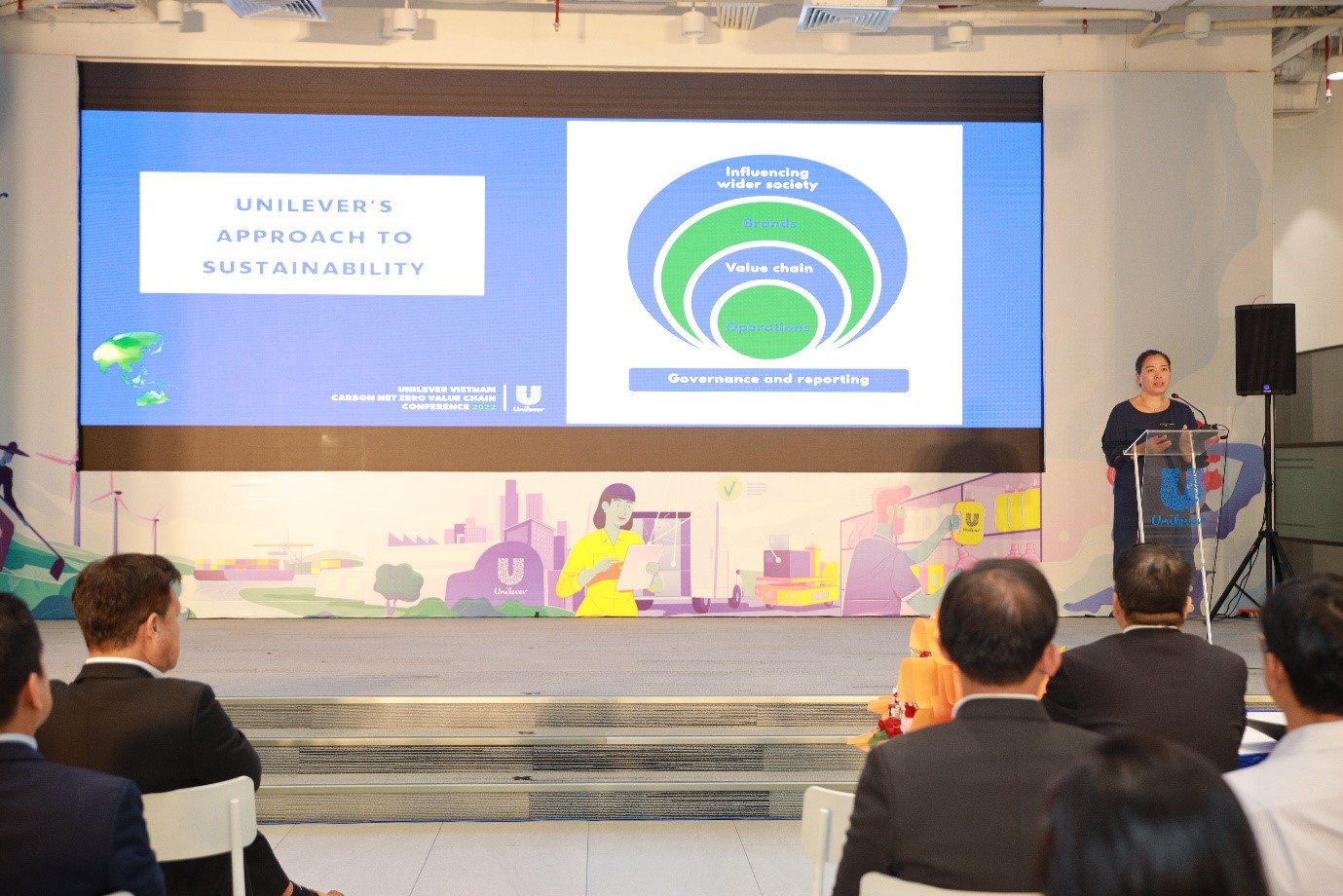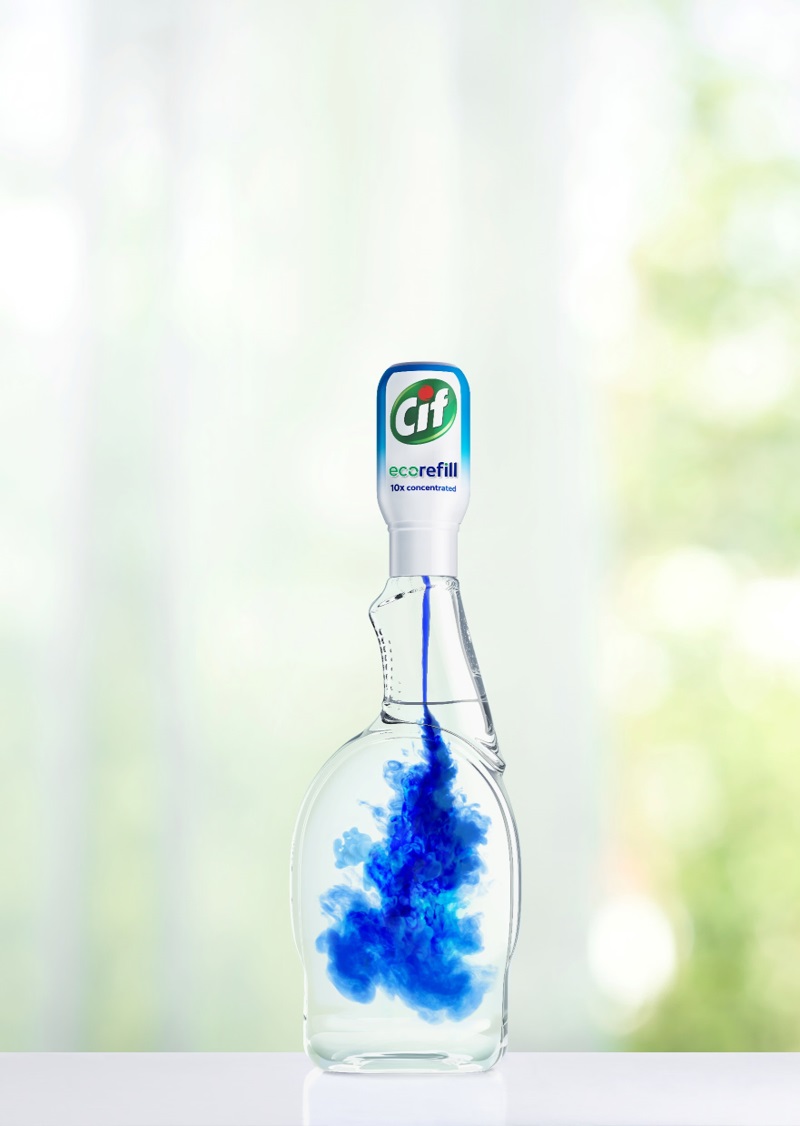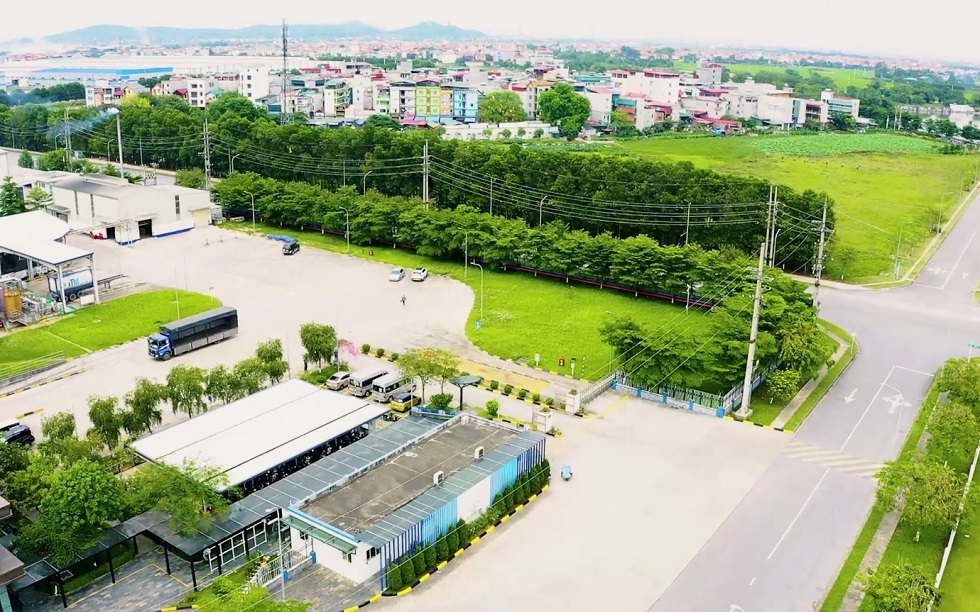The climate crisis needs urgent action. That’s why in 2021, hot on the heels of the launch of the sustainable development strategy, Unilever published their Climate Transition Action Plan – an ambitious and transparent roadmap to help reduce the company’s operational emissions by 100% by 2030 and reach net zero emissions across their value chain by 2039.
In Vietnam, Unilever has pioneered to drive a range of programs and initiatives for a net zero value chain by 2039, contributing to Vietnam Government’s net zero carbon emissions vision by 2050.
Particularly, this FMCG business has implemented five approaches to sustainability in all aspects, from the company’s operations chain to the brands’ activities and the entire value chain.

First, Unilever Vietnam is replacing all fossil fuel use in the factories’ boilers with the renewable energy source – the biomass recycled from 100% damaged pallets, shredded wood, etc. The company is also committed to using 100% renewable electricity and heat across the business through IREC renewable energy certificates for currently used electricity source at all factories and offices in Vietnam.
The second approach that Unilever has applied is to halve their use of virgin plastic by 2025 to help lower the value chain emissions. Unilever Vietnam now reduces 55% of virgin plastic used in their packaging production – 3 years earlier than the global target – through absolute reduction and post-consumer recycled plastic use. This results in a dedicated process of research, technology and innovation application into the packaging structure development.

Thirdly, the company is now replacing fossil fuel-derived chemicals with renewable or recycled carbon. In Home Care, Unilever estimates this will reduce our product’s greenhouse gas emissions by up to 20%.
In Vietnam, Unilever’s Home Care category implemented “Clean Future” campaign early this year, aiming to develop product formulation with water efficiency and biodegradability, and utilize 100% renewable or circular feedstocks. Currently, a number of products from Omo, Comfort, Sunlight, Cif, Lifebuoy fulfill the criteria of product formulation driving water efficiency and biodegradability.
Next, Unilever Vietnam is working with their partners and suppliers in the value chain to cut down the GHG emissions as more than 75% of the carbon footprint in Unilever Vietnam’s supply chain derives from input materials and outsourced activities.
Until now, the company has reduced 100% CO2 emissions and chop down 100% carton waste in packaging transportation from Dynaplast; converted to 100% electric forklifts, contributing to a reduction of 1,999 tons of CO2 emissions at all distribution centers by the end of 2021 in comparison with 2020; and implemented the circular economy model in the waste management, turning wastes into sources of energy and fertilizer to serve manufacturing activities.
The business also organized “Carbon net zero value chain” conference, having the participation of over 200 partners and suppliers, and signed the partnership with Crown, Dynaplast, Green Yellow, Linfox, Lix and VinFast.
Lastly, Unilever Vietnam is using their voice and influence to get the support from the Government and the community to create greater impact on the wider society. Unilever globally will be calling on countries to deliver policies that accelerate energy and food system transitions at COP27 on the horizon.









